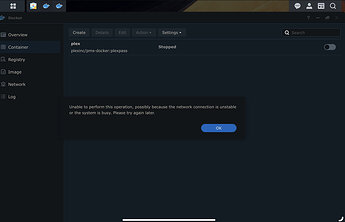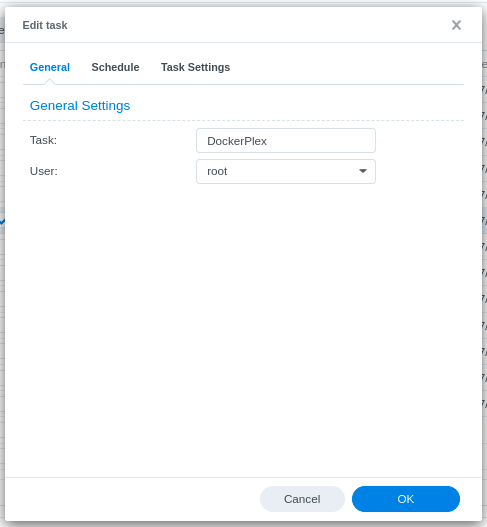@jakeaw
I am finding multiple errors in your logs.
The biggest error I’ve found is that you set the Transcoder temp directory to /transcode.
This directory does not, nor can it ever, exist on a Synology.
The directory structure for all Synology NAS units begins with the volume name, e.g. /volume1.
I suggest you remove /transcode from the transcoder temp directory setting.
Such a setting is common for Docker but not for the native app.
I am also seeing certificate errors and a strange lan IP.
What is address 192.168.1.1 ?
Jul 02, 2022 11:30:21.519 [0x7fd17ddf4b38] DEBUG - Completed: [192.168.1.1:62419] 200 GET /web/main-179-289bdfc5072e1e847598-plex-4.76.1.22469-3117cd9.css (7 live) GZIP 157ms 521458 bytes (pipelined: 1)
(Your NAS is 192.168.1.52)
I am also seeing where the hardware transcoding is not being found.
Since I see no login of the server with your username, I am forced to conclude the server isn’t signed in as an account with PlexPass. Is this true?
Jul 02, 2022 11:31:42.666 [0x7fd17d891b38] DEBUG - [Req#220/Transcode] Found session GUID of nyb25u1zu2fu1tez5sc7nl9n in session start.
Jul 02, 2022 11:31:42.666 [0x7fd17d891b38] DEBUG - [Req#220/Transcode] Cleaning directory for session nyb25u1zu2fu1tez5sc7nl9n ()
Jul 02, 2022 11:31:42.666 [0x7fd17d891b38] DEBUG - [Req#220/Transcode] Starting a transcode session nyb25u1zu2fu1tez5sc7nl9n at offset -1.0 (state=3)
Jul 02, 2022 11:31:42.666 [0x7fd17d891b38] ERROR - [Req#220/Transcode] Error creating directory "/transcode": Permission denied
Jul 02, 2022 11:31:42.666 [0x7fd17d891b38] DEBUG - [Req#220/Transcode] TPU: hardware transcoding: enabled, but no hardware decode accelerator found
Jul 02, 2022 11:31:42.666 [0x7fd17d891b38] DEBUG - [Req#220/Transcode] [Universal] Using local file path instead of URL: /volume1/Movies/Passengers.m4v
Jul 02, 2022 11:31:42.666 [0x7fd17d891b38] DEBUG - [Req#220/Transcode] TPU: hardware transcoding: final decoder: , final encoder:
Jul 02, 2022 11:31:42.667 [0x7fd17d891b38] ERROR - [Req#220/Transcode] Error creating directory "/transcode": Permission denied




